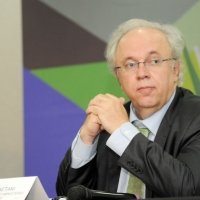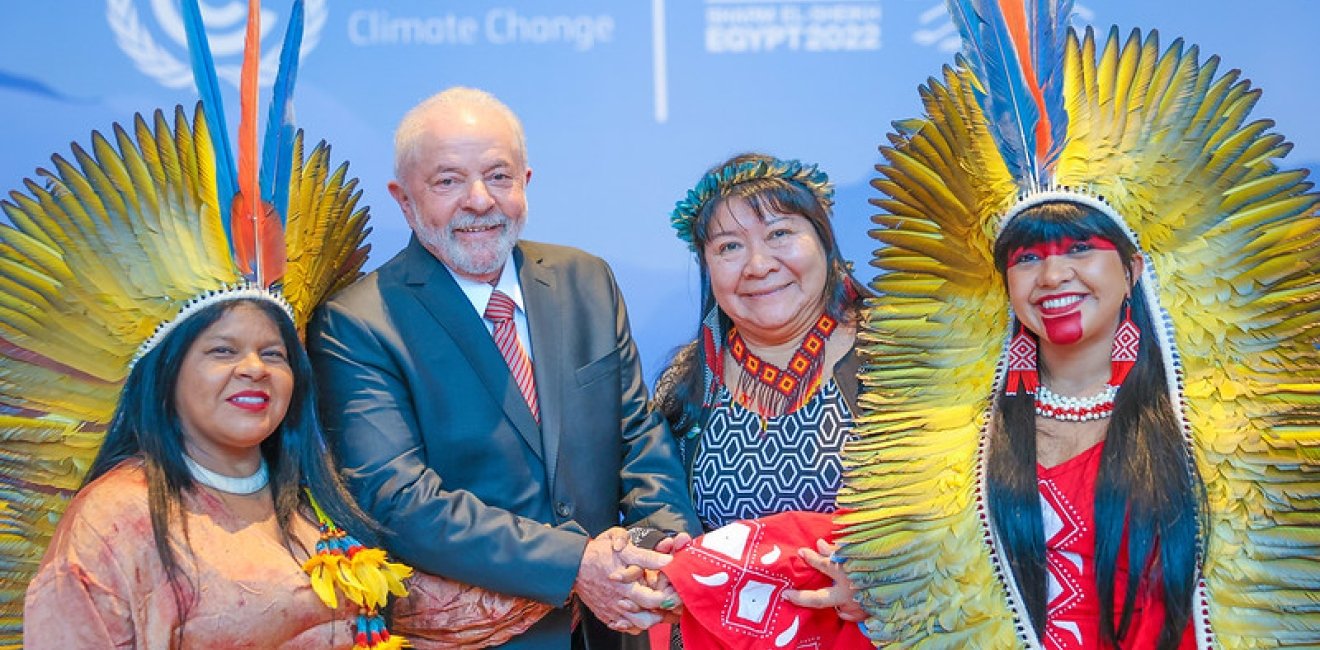
A blog of the Latin America Program
SHARM EL-SHEIKH, EGYPT – COP27, the UN climate conference in Sharm el-Sheikh, Egypt, ended without clear winners or losers. The results were not good enough, but it was not a complete failure. The creation of a “loss and damage” fund was an achievement, offering the promise of financial support for developing countries suffering intensifying climate impacts such as sea-level rise and more frequent and severe droughts and floods. But the disappointing rollout of the Green Climate Fund, designed to help developing countries address the changing climate, is a reminder of the inevitable implementation challenges ahead.
Some innovative debates took place. They included enhancing nature-based solutions for an Accelerated Climate Transformation, the Forest and Climate Leaders’ Partnership, the Food and Agriculture for Sustainable Transformation initiative, the recognition of the fundamental role of the ocean in the climate system, the importance of technology and high-tech solutions for nature for addressing climate change and the role of indigenous peoples in conserving forests. But the consequential role of Brazil was a mixed bag, given the mixed messages from its government and its president-elect.
The consequential role of Brazil was a mixed bag, given the mixed messages from its government and its president-elect.”
The participation of Brazil was jeopardized by the ambiguity between the endgame of Bolsonaro’s government and the presence of the elected president Lula. The conflicting signals were notable. For many delegations in Egypt, however, Brazil’s official position was irrelevant. That was in contrast to COP25, held in Madrid in 2019, when President Jair Bolsonaro’s delegation was seen as disruptive to the international negotiations. For his part, Luiz Inácio Lula da Silva was electrifying. The president-elect, who takes office in January, delivered an historic speech on Amazon conservation that strongly rejected Bolsonaro’s environmental policies. The Brazilian Climate Hub, a civil society initiative, was the hub for discussions of climate and conservation in Brazil.
The conduct of Brazil at UN climate conferences is significant, as the country has long played an outsized role in global environmental negotiations. Under Bolsonaro, that role was disruptive, and Lula understands that regaining credibility will depend upon demonstrating rapid results in the country’s vast but vanishing forests.
Lula understands that regaining credibility will depend upon demonstrating rapid results in the country’s vast but vanishing forests.”
The country’s image matters because international actors, including major donors such as Germany and Norway, multilateral development banks, and the United States, France and the United Kingdom, could all help pay for conservation in Brazil and promote sustainable economic activity for communities in the Amazon. That is especially true for the Inter-American Development Bank and its president-elect, the Brazilian economist Ilan Goldfajn, given recent and promising innovations in “green financing.”
Lula was a showstopper at the COP, but rebuilding capacity will take time. Moreover, as he will quickly discover, tackling deforestation is not the same today as it was 20 years ago, when Lula began his first term as president. Clear national leadership is essential, but so are innovative approaches, including for addressing the real needs for the population of the Amazon. In recognition of that complexity, Lula is reportedly considering the creation of a Special Climate Emergency Secretary to coordinate climate policy.
Clear national leadership is essential, but so are innovative approaches, including for addressing the real needs for the population of the Amazon.”
As the reactions to Lula’s speech in Egypt demonstrated, Brazil has an opportunity to make a spectacular comeback in national climate policies and leadership in global climate change negotiations. But rebuilding trust will depend on substantial advances on the ground.
Author


Latin America Program
The Wilson Center’s prestigious Latin America Program provides non-partisan expertise to a broad community of decision makers in the United States and Latin America on critical policy issues facing the Hemisphere. The Program provides insightful and actionable research for policymakers, private sector leaders, journalists, and public intellectuals in the United States and Latin America. To bridge the gap between scholarship and policy action, it fosters new inquiry, sponsors high-level public and private meetings among multiple stakeholders, and explores policy options to improve outcomes for citizens throughout the Americas. Drawing on the Wilson Center’s strength as the nation’s key non-partisan policy forum, the Program serves as a trusted source of analysis and a vital point of contact between the worlds of scholarship and action. Read more


Brazil Institute
The Brazil Institute—the only country-specific policy institution focused on Brazil in Washington—aims to deepen understanding of Brazil’s complex landscape and strengthen relations between Brazilian and US institutions across all sectors. Read more

Explore More in Weekly Asado
Browse Weekly Asado
Dengue Haunts South America’s Summers

Lessons from Costa Rica’s Economic Transformation

Women and Latin America’s Digital Revolution

